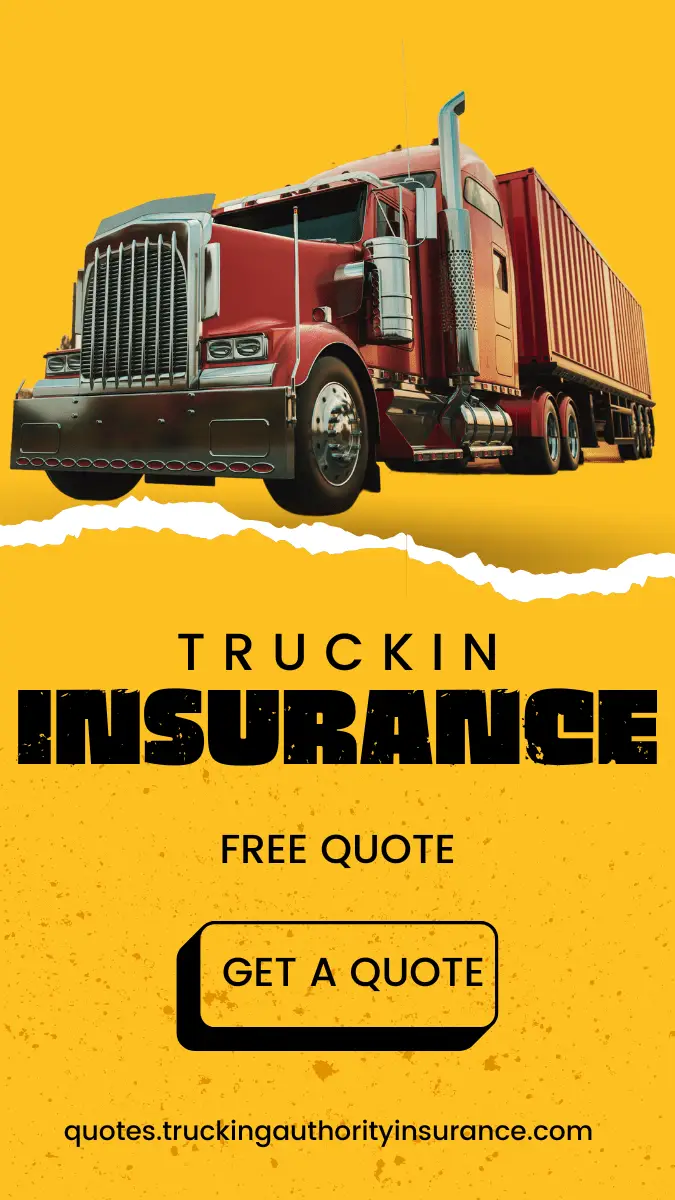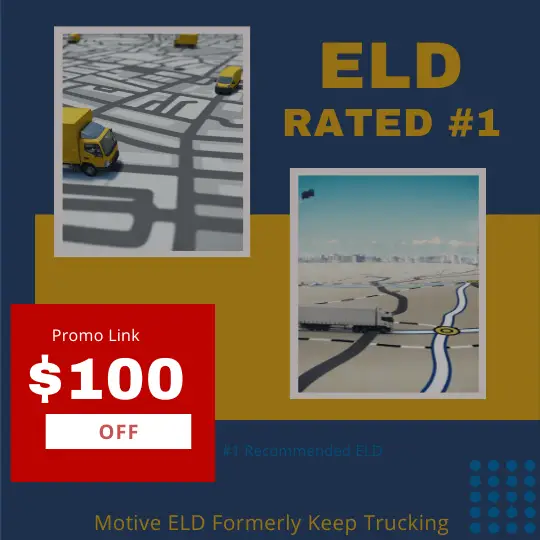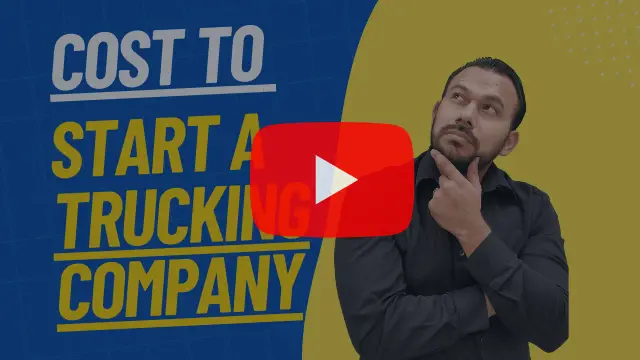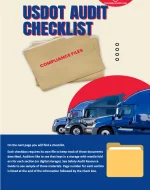Starting a trucking company requires more than just buying a truck and finding loads. To operate legally, you need to secure the proper permits and registrations. Failure to do so can result in fines, delays, or even having your authority revoked. This guide breaks down 10 essential things you need to know about trucking permits to help you launch your trucking business successfully.
Get Your Trucking Permits Before Purchasing a Truck
One of the biggest mistakes new trucking business owners make is buying a truck before securing their permits. The Federal Motor Carrier Safety Administration (FMCSA) requires a 21-day waiting period before you can legally operate across state lines.
- If you purchase a truck first, you’ll have to pay for insurance while waiting for your permits to be active.
- Avoid unnecessary expenses by applying for your USDOT and MC numbers first.
🔹 Tip: Start the process early by applying through the FMCSA Unified Registration System (https://www.fmcsa.dot.gov/).
You Need a USDOT and MC Number to Operate
Every trucking company needs a USDOT number, and if you plan to operate interstate, you also need an MC number. These numbers allow FMCSA to track your safety and compliance history.
- The USDOT number is mandatory for vehicles over 10,000 lbs or carrying hazardous materials.
- The MC number is required if you plan to haul regulated commodities across state lines.
- The application fee for an MC number is $300.
🔹 Tip: Ensure your BOC-3 (process agent) filing and insurance are active, or your MC number will not be granted.
Unified Carrier Registration (UCR) is Required for Interstate Carriers
The UCR program is an annual registration required for all trucking companies that operate interstate. It helps fund safety programs and enforcement efforts.
- Who needs it? Any carrier crossing state lines, even if hauling exempt commodities.
- Where to register? https://plan.ucr.gov/
- Cost: Based on the number of trucks in your fleet.
🔹 Tip: UCR must be renewed annually. Failure to comply may result in fines or being pulled out of service.
International Fuel Tax Agreement (IFTA) Registration for Fuel Tax Reporting
If you operate in multiple states, you must register for IFTA to simplify fuel tax reporting. Instead of filing taxes in each state, IFTA allows you to report fuel purchases under one license.
- Who needs it? Vehicles over 26,000 lbs or with three or more axles operating across state lines.
- Where to register? Through your home state’s Department of Revenue.
- Reporting: Quarterly tax filings are required.
🔹 Tip: Keep track of fuel receipts and mileage logs to ensure accurate tax reporting.
International Registration Plan (IRP) for Apportioned Plates
IRP plates allow carriers to operate in multiple states without obtaining separate registrations in each state.
- Who needs IRP? Any truck traveling in two or more states.
- Where to apply? Through your state’s motor vehicle agency.
- Cost: Based on miles traveled in each state.
🔹 Tip: If you don’t plan to travel outside your home state, you may be able to register as an intrastate carrier and avoid IRP.
BOC-3 Filing is Mandatory for New Trucking Companies
A BOC-3 filing designates a process agent in each state where you operate. This is required before your MC number can become active.
- Who needs it? All interstate trucking companies.
- Where to file? FMCSA-approved process agents.
- Cost: Varies depending on the service provider.
🔹 Tip: Choose a reliable BOC-3 service provider to ensure compliance and avoid unnecessary delays.
Hazmat Endorsements and Permits Are Required for Dangerous Goods
If you plan to transport hazardous materials, you need additional permits and endorsements.
- Required by: FMCSA and state agencies.
- Includes: Special placards, training, and security plans.
- Cost: Varies based on classification of materials.
🔹 Tip: You must know exactly what hazardous materials you’ll be hauling before applying for permits.
Intrastate Operating Authority May Be Needed
If you only operate within one state, you may still need intrastate authority.
- Example: Texas requires a TXDMV number for intrastate carriers.
- Cost: Varies by state.
- Tip: Check with your state’s Department of Transportation to confirm requirements.
🔹 Tip: Even if you don’t plan to cross state lines now, obtaining interstate authority may allow for future business expansion.
Insurance Must Be in Place Before Permits Are Issued
You cannot legally operate without the proper trucking insurance coverage.
- Minimum liability required: $750,000 to $1 million for most carriers.
- Additional coverage may include:
- Physical damage insurance
- Motor truck cargo insurance
- General liability
🔹 Where to get it? Shop for commercial truck insurance from top providers like:
- Progressive Commercial Truck Insurance
- The Hartford
- Sentry Insurance
- Chubb
🔹 Tip: Compare rates from multiple insurance carriers to ensure you get the best coverage at the lowest price.
Trucking Permits Must Be Renewed Annually
Most trucking permits and registrations require annual renewals. Missing a renewal can result in fines, loss of operating authority, and disruptions in business.
- Common renewals:
- UCR (annually)
- IFTA (quarterly reporting)
- IRP (annually)
- MC Authority (stays active as long as insurance is current)
🔹 Pro tip: Set up reminders to renew your permits on time to avoid penalties.
Final Thoughts: Getting Help with Trucking Permits
Navigating trucking permits and registrations can be overwhelming, but you don’t have to do it alone. Our team specializes in setting up trucking authority, IFTA & IRP registration, and compliance filings so you can focus on growing your business.
📞 Need help? Contact us today to start your trucking company hassle-free!
Need Help Obtaining Your Permits?
Get Your Trucking Authority Today!
Save time Save Money!
Speak With Our Experienced Permit Professionals That Can Help You Every Step Of The Way.
Call Us Today! Live Agents Are Standing By.
